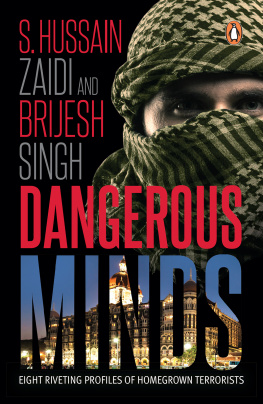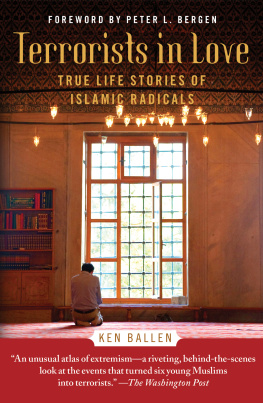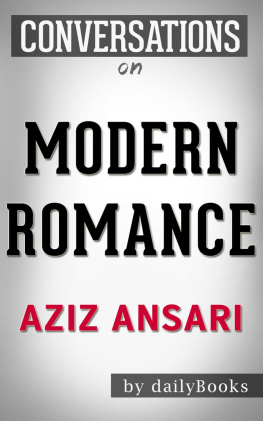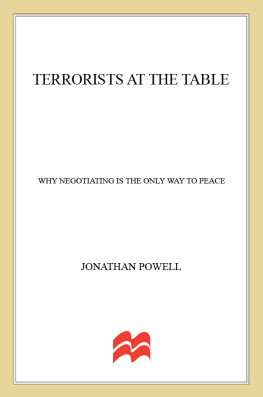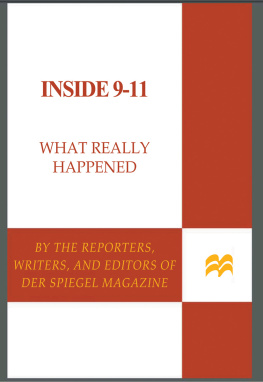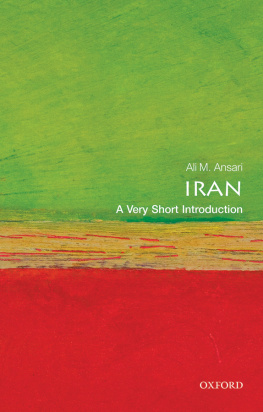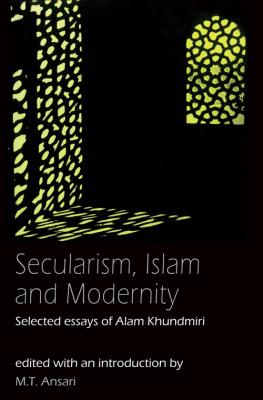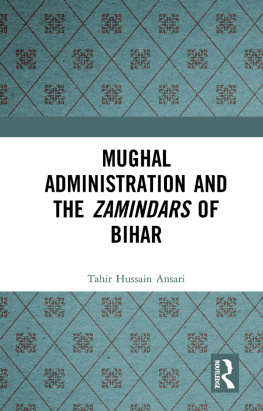S. Hussain Zaidi is Indias number-one crime writer. He is the author of several bestselling books, including Dongri to Dubai: Six Decades of the Mumbai Mafia, Mafia Queens of Mumbai, Black Friday and My Name Is Abu Salem. A veteran of investigative, crime and terror reporting in the media, he has worked for the Asian Age, Mumbai Mirror, Mid-Day and the Indian Express. He is also the associate producer of the HBO movie Terror in Mumbai, based on the 26/11 terror strikes. He lives with his family in Mumbai.
Cop by day, author by night, Brijesh Singh wears multiple hats. He started as an engineer before joining the coveted Indian Police Service, and now patrols the Internet as the head of cyber police, and also simultaneously handles the public relations department of the Maharashtra government. An avid reader of philosophy and Indology, he indulges in Western and Indian classical music too. When not writing, you can find him in the kitchen, cooking for his lovely wife, two daughters, his friends and the cat. His debut novel, Quantum Siege, was published in 2014 by Penguin Books.
S. Hussain Zaidi
which has led our countrys struggle against all kinds of enemies.
Introduction and Acknowledgements
The audience comprised American and European journalists. I was overcome with stage fright as I stood to speak. Perhaps I felt the weight of scores of hostile gaze. The title of my speech was Mohammed, the Misunderstood Phenomenon. It was an event at the exchange programme of Asian journalists in Honolulu, Hawaii, in 2008. The painful memories of 9/11 were still fresh in the minds of Americans.
I had chosen a difficult subject to speak on, while my Pakistani counterparts wanted to speak on the political turmoil in their country and the imminent Talibanization of their otherwise peace-loving country.
However, I started off with aplomb and decided to have my say regardless of the quizzical glances thrown at me. The Quran says Prophet Mohammed was sent as a Mercy to Mankind. It also says he is the best paragon of virtue. The Prophets nobility, grace, magnanimity, kindness towards his enemies, trustworthiness and truthfulness were remarkable characteristics at a time when savagery was the norm in the land where he came from. He was an amazing man who inspired people to do good, I told the audience.
When Michael H. Hart wrote The 100: A Ranking of the Most Influential Persons in History, Prophet Mohammed was rated as the most influential man. And thats not because he was a religious leader, emphasizes Hart, but because of his inspirational qualities and his hold over mankind despite the passage of several centuries.
Hart is not the only non-Muslim who is so profoundly impressed by Prophet Mohammed. Dale Carnegie, who taught Americans how to win friends and influence people, borrowed traits from Mohammeds conduct. Napoleon Hill, a pioneer in self-help books who wrote the most inspiring tome, The Law of Success, at the instance of Andrew Carnegie, referred to lessons in perseverance and persistence from Mohammeds life.
But the modern world revels in reviling and maligning him; it treats him with utmost rancour and disrespect despite the fact that he was neither a despotic tyrant nor a power-hungry conqueror.
The most sacred book of Islam, the Holy Quran, describes Mohammed as someone who has the most sublime moral conduct, and one who is not whimsical even to the slightest degree. His life story is replete with incidents of kindness, compassion and sagacity. Then why and how did things go so awry and out of control? Perhaps it may not be known to many that Muslims love their Prophet Mohammed more than they love their religion. The community can stoically tolerate criticism of Islam but not even a whisper of any unsavoury word against Prophet Mohammed who is held dearer than their own lives. The world should be sensitive towards this intense love of Muslims towards the Prophet.
Just because a few men went berserk on the promise of a few virgin houris in heaven and began the dissemination of a terror cult, Mohammed should not become the target of ridicule and character assassination, I pleaded with the group of researchers, academicians and journalists. Can the American dreams and ideals be understood through the bigotry of the Ku Klux Klan? Much before the Ku Klux Klan, the subjugation, violence and massacre of Native Americans had been recorded in the annals of history. And despite an official, public apology issued in 2009 for the injustices on the natives, the painful memories still linger.
I was not sure how effectively I could convey my expostulations about the unfairness of the world media in violating the sanctity of the noble position of the Prophet, and also about how he was not only misunderstood but was so maliciously maligned.
The subsequent question-and-answer session was full of agitated queries on the lines of if having a long beard, shaving off the moustache, and wearing short pyjamas were part of the features of Mohammed which were so much emphasized as Sunna (traditions), then why are truthfulness, honesty, harmlessness and a pleasant conduct not practised so intensely by the Muslims? Why is Islam now identified with Osama bin Laden, Mullah Omar, the Talibans and other such other terrorists? Why are Islams heroes so convoluted, warped and violent?
The answers to such questions can be too complicated and result in long-drawn political and religious polemics. I could only offer feebly that they are the role models chosen by a bunch of thugs masquerading as Muslims. It is now easier to understand this through the flood of blood shed by the Islamic State of Iraq and Syria (ISIS); but appearances are deceptive and all those speaking Arabic or sporting a beard may not be a true representative of Islam.
The motley group of intellectuals in that room, like many others outside itwhether intellectuals or lay menassociated violence and terrorism with Islam. However, any keen student of history would know that Islam was hijacked by dogmatic, violent and power-hungry terrorists within the first few decades of the religion. Prophet Mohammeds son-in-law, Imam Ali, was killed in a mosque whilst he was busy in prayers during the holiest Islamic month of Ramadan; Prophet Mohammeds grandson, Imam Hussain, along with his kith and kin, all thirsty and hungry, were massacred in the deserts of Karbala within the first fifty years of the Prophets demise. Islam, over the centuries, has undergone massive changes, and there are several conflicting versions and sectarian differences that it is difficult to sift the chalk from the cheese.

